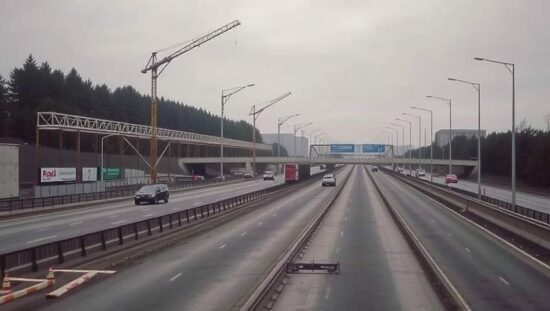A shortfall in funding is emerging as a significant obstacle to the planned expansion of Germany’s autobahn and federal road network, according to Transport Minister Patrick Schnieder. In an interview with the Frankfurter Allgemeine Sonntagszeitung, Schnieder acknowledged the growing concern that current government financial planning may not be sufficient to support existing, shovel-ready infrastructure projects.
Schnieder conceded that the current situation is unsustainable, stating, “It’s not explainable that construction-ready projects, which we have planned for years, cannot now be built”. He confirmed a deficit of approximately 15 billion euros is anticipated for federal highways between 2026 and 2029, highlighting the need for further discussion and potential adjustments during ongoing budget negotiations. He expressed hope for increased allocation of funds for new construction and expansion projects.
The Transport Minister’s comments directly challenge a recent assertion by Finance Minister Lars Klingbeil, who previously dismissed concerns regarding a funding gap. Klingbeil had emphasized the potential of a special asset fund to significantly improve infrastructure development and underscored the Transport Minister’s responsibility in allocating those funds.
However, Schnieder criticized the decision to redirect funds previously earmarked for maintaining existing infrastructure from the transport budget into the special asset fund. He stressed the importance of adhering to established, justified transport needs, requiring corresponding financial resources. This transfer effectively reduces the funds available for new and expanded construction.
The government’s 2026 budget includes a planned redirection of over ten billion euros from the core budget to the special asset fund, complicating spending decisions and restricting the fund’s scope. The special asset fund, he explained, is primarily designated for the upkeep of roads and railways and bridge construction, with funding considered “largely adequate” for those purposes. However, it is not intended to finance new or expanded infrastructure, which will now be dependent on a significantly reduced transport budget.





